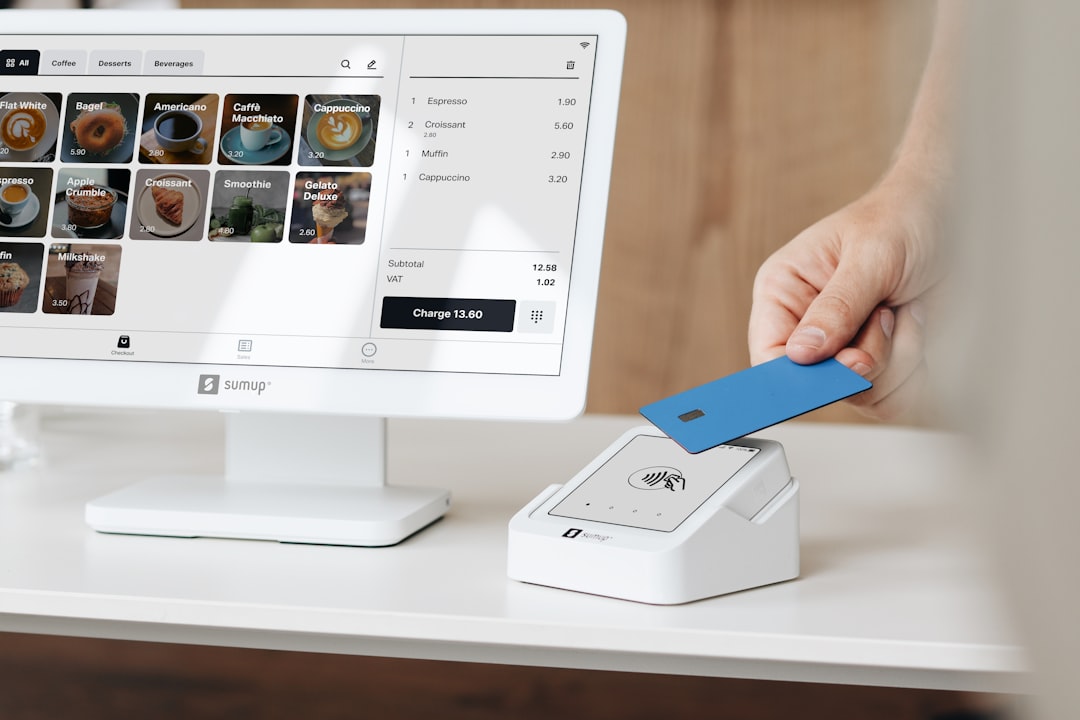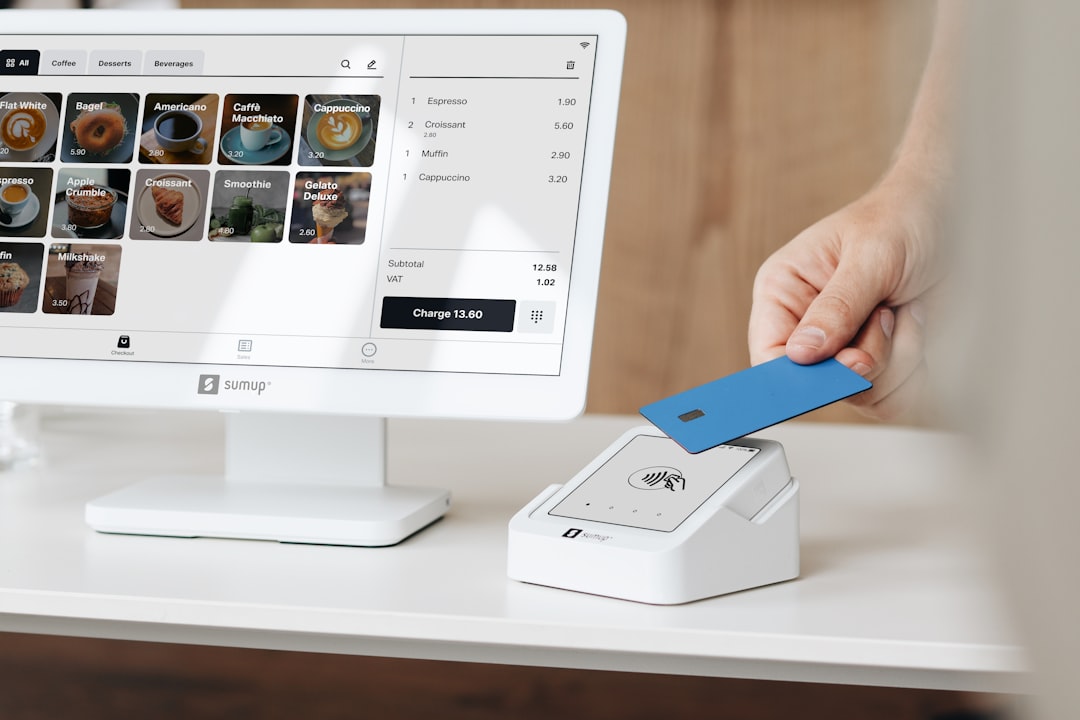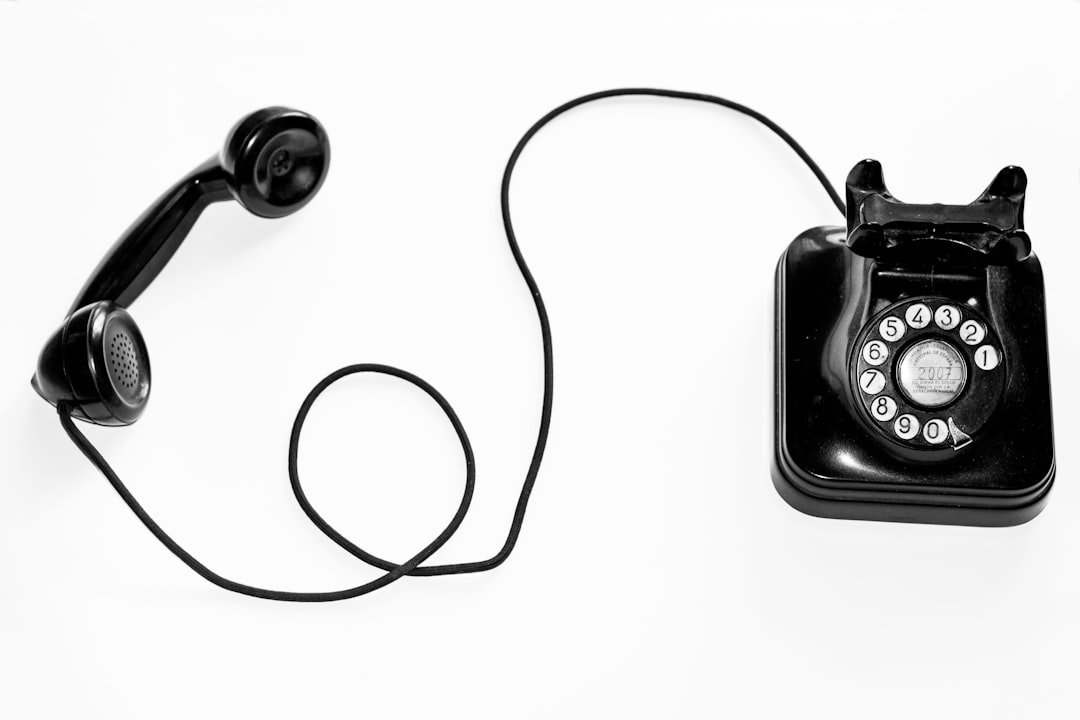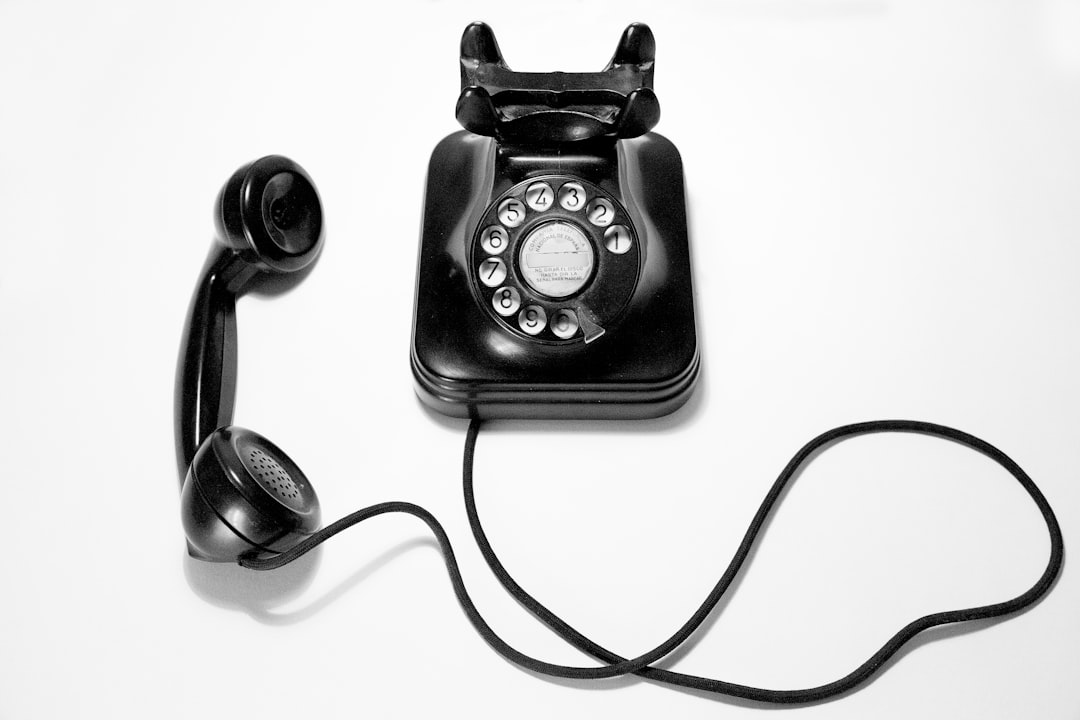Massachusetts law, including the MTCPA and MCPA, offers robust protections against robocalls. If your rights are violated by automated calls, you can file complaints with the Attorney General's Office and sue for damages under federal (TCPA) and state laws, addressing emotional distress, monetary losses, or privacy invasion caused by these intrusive calls.
In the digital age, robocalls have become a pervasive and often unwanted intrusion into our daily lives. In Massachusetts, consumer protection laws offer some recourse against these automated phone calls. This article explores your rights and options when dealing with robocalls in MA, including understanding the legal framework, knowing when you can sue for robocalls, and practical steps to protect yourself from these intrusive communications. If you’re asking, “Can I sue for robocalls in Massachusetts?” this guide will provide valuable insights.
Understanding Robocalls and Consumer Protection Laws in Massachusetts

Robocalls, automated phone calls that deliver pre-recorded messages, have become a ubiquitous yet often unwanted part of modern communication. While some robocalls offer valuable information or services, many consumers find them intrusive and misleading, especially when they are unsolicited. In Massachusetts, as in other states, consumer protection laws aim to mitigate the negative impact of these calls by providing guidelines on how businesses can engage with customers and what protections consumers have against unwanted phone marketing.
In terms of Can I Sue For Robocalls Massachusetts, state law offers several avenues for recourse. The Massachusetts Telephone Consumer Protection Act (MTCPA) prohibits certain types of robocall activity, such as making automated calls to numbers on the Do Not Call list or using automated dialing systems without a valid pre-recorded message. Consumers who believe their rights have been violated can file a complaint with the Massachusetts Attorney General’s Office and potentially seek legal action. This includes seeking damages for each violation, which can add up, especially if multiple parties were affected by the same robocall campaign.
When Can You Sue for Robocalls in MA?

In Massachusetts, there are strict regulations in place to protect consumers from unwanted robocalls. If you’ve been a victim of persistent or deceptive robocall campaigns, you may have grounds to take legal action. According to the Massachusetts Consumer Protection Act (MCPA), businesses cannot use unfair or deceptive practices in their marketing efforts, including automated telephone dialing systems (ATDS) for unsolicited calls.
You can sue for robocalls in MA if the calls violate your rights under the MCPA or other relevant federal laws like the Telephone Consumer Protection Act (TCPA). Common scenarios include receiving pre-recorded messages without explicit consent or being called despite having registered on the National Do Not Call Registry. If these practices have caused you emotional distress, monetary losses, or invasion of privacy, consulting a legal professional to explore your right to sue for damages is advisable.
Protecting Your Rights: What to Do If You've Received Unwanted Robocalls

If you’ve been a victim of unwanted robocalls, it’s important to know your rights under Massachusetts consumer protection laws. While blocking numbers can offer some relief, it may not stop persistent callers. In such cases, taking action is crucial.
First, document every instance of robocalls received from the same number. Save voicemails and any records of automated messages. If you feel these calls are causing distress or invasion of privacy, consider legal options. The Telephone Consumer Protection Act (TCPA) allows individuals to take action against companies making unwanted calls. In Massachusetts, you can file a complaint with the Attorney General’s office and even seek damages through litigation, potentially enabling you to sue for robocalls.






